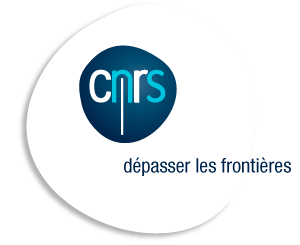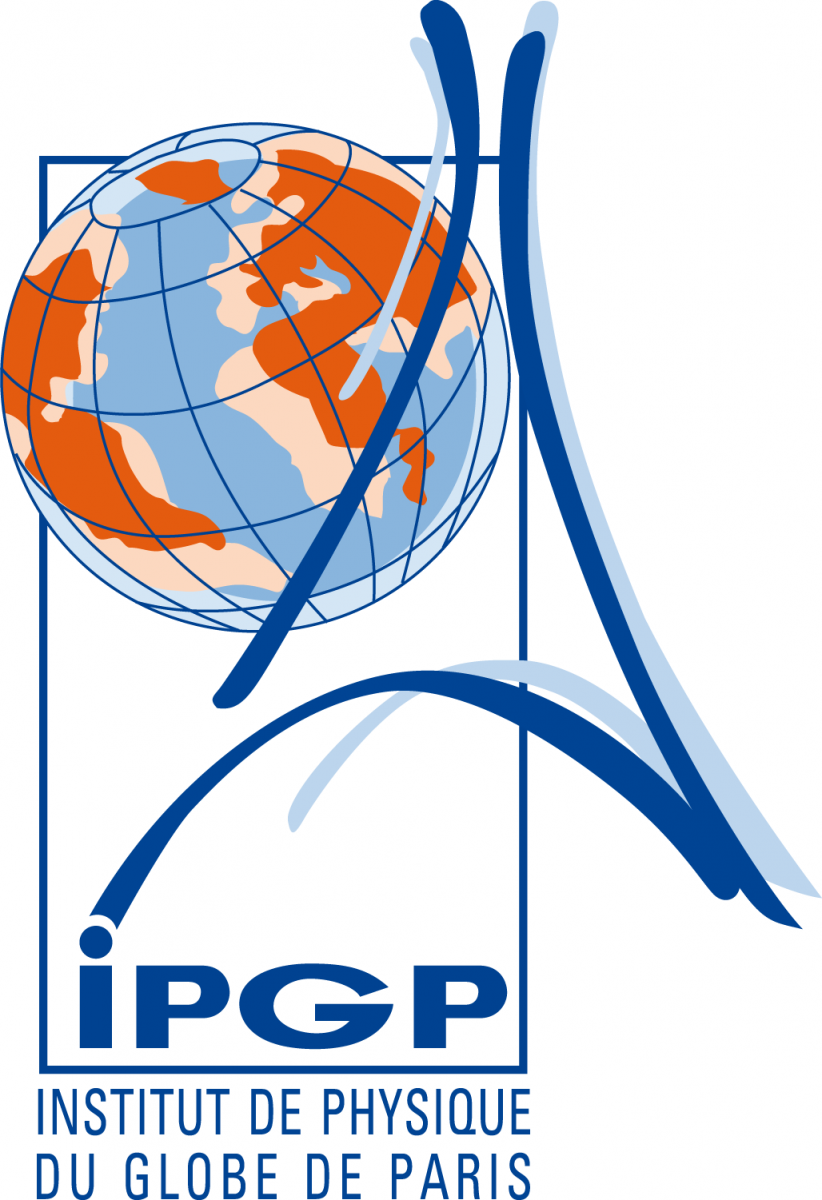Scientific Ocean Drilling of Mid-Ocean Ridge and Ridge-Flank Settings
August 27-28, 2009; Austin, Texas, USA
http://www.oceanleadership.org/usssp/workshops/mor
Application deadline: June 15, 2009
Overview
Mid-ocean ridges accrete the world’s oceanic crust, cause the largest chemical interaction between the lithosphere and seawater, and host some of the most unknown biological systems in the world. Despite the importance of mid-ocean ridge systems, there remain outstanding first-order questions and open hypotheses about their internal structure and behavior. We classify these questions and hypotheses into four groups: (A) accretion of ocean crust and properties of the axial lithosphere, (B) crustal aging with seafloor spreading, (C) the circulation of fluids through the ocean crust and hydrothermal vents, (D) the distribution and diversity of biota. By bringing together scientists and engineers to discuss these hypotheses, we can outline a coordinated scientific agenda for drilling into young ocean crust, as well as the inherent technological challenges to be overcome to achieve drilling success in this geologic environment.
Workshop Goals
The outcome of the workshop will be a clear assessment of ocean crustal scientific drilling at ridge and ridge-flank settings that can inform efforts to plan for the next scientific ocean drilling program. The workshop should also directly lead to an increase in IODP project proposals targeting ocean crust research at these settings. Specifically, the workshop will:
- Arrive at a clear statement of the importance and feasibility of drilling into mid-ocean ridge axial crust,
- Elucidate the current state of knowledge of axial-flank processes, and develop a statement of how ocean drilling can uniquely contribute to understanding the aging of the ocean lithosphere,
- Define the feasibility of sampling rocks, minerals, and fluids beneath hydrothermal systems, and how to integrate such approaches with observatory science and geological investigations of altered ocean crust, and
- Evaluate ocean drilling approaches and technological challenges in pursuit of ecosystem questions.
Participation
To participate in this workshop, please apply to attend by completing the application by June 15, 2009. All interested scientists, researchers, and students, are encouraged to apply. Early career scientists are particularly encouraged to apply. Partial travel support is available for U.S.-affiliated researchers. Letters of invitation will be sent by email by July 1, 2009.
Meeting Logistics
The workshop will be held at the Institute for Geophysics at the University of Texas at Austin in Austin, Texas. More information will be provided to invited participants as soon as it is available.
Organizing Committee
Gail Christeson, University of Texas at Austin ([email protected])
Nick Hayman, University of Texas at Austin ([email protected])
Rachel Haymon, University of California, Santa Barbara
Mitch Schulte, University of Missouri-Columbia
Scott White, University of South Carolina
Sponsoring Organizations
U.S. Science Support Program, Consortium for Ocean Leadership
Jackson School of Geoscience, University of Texas at Austin




